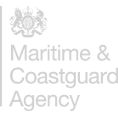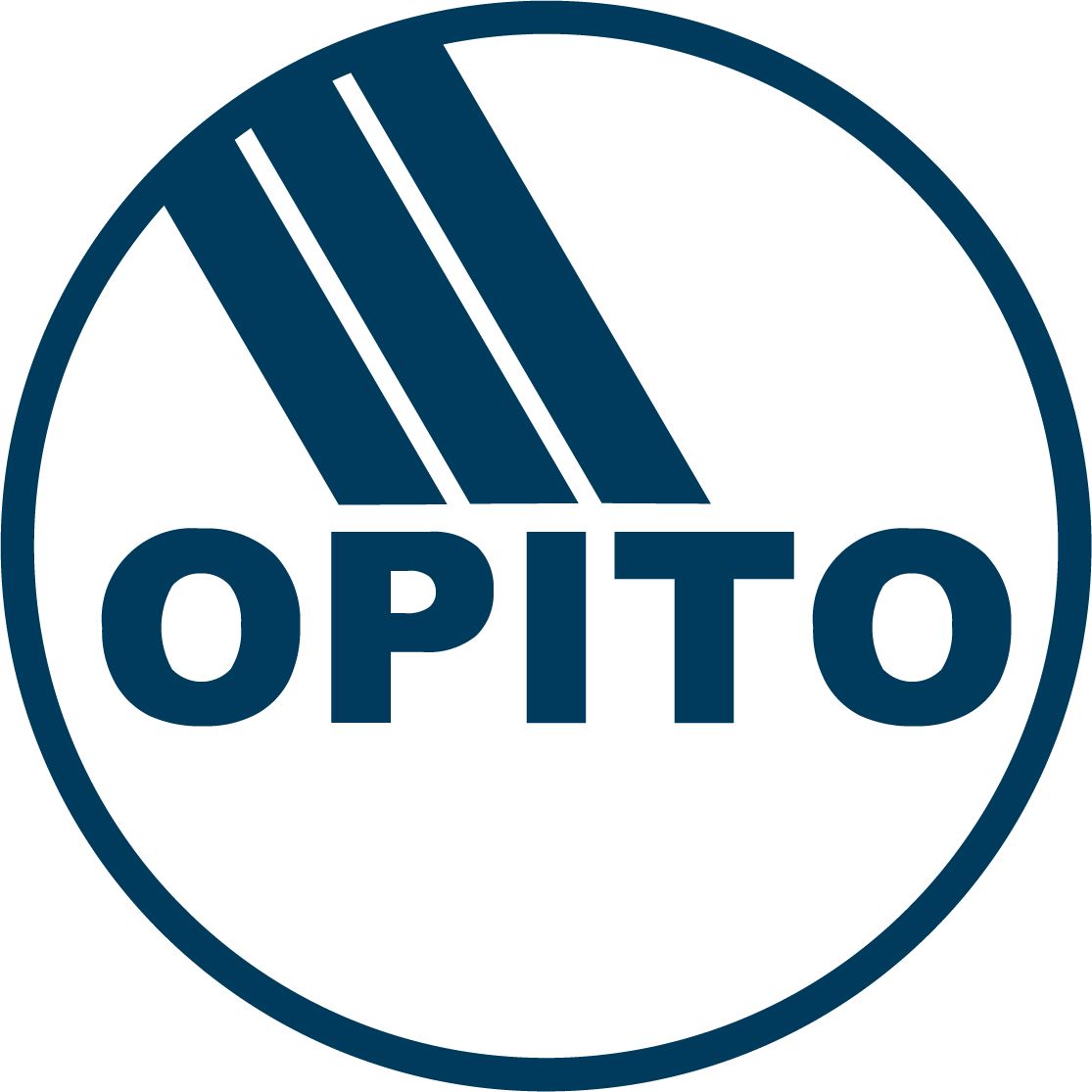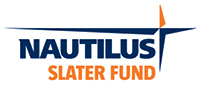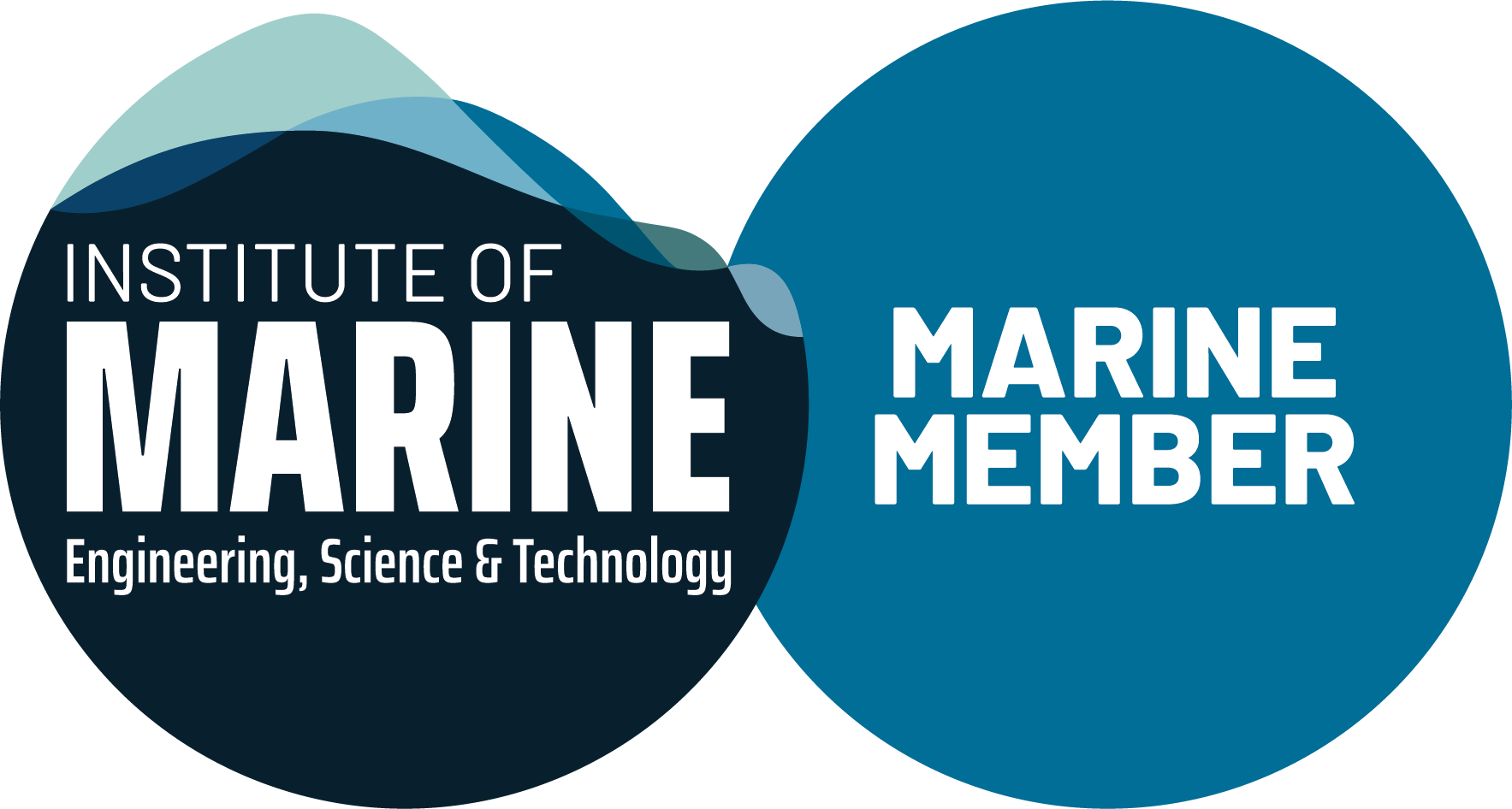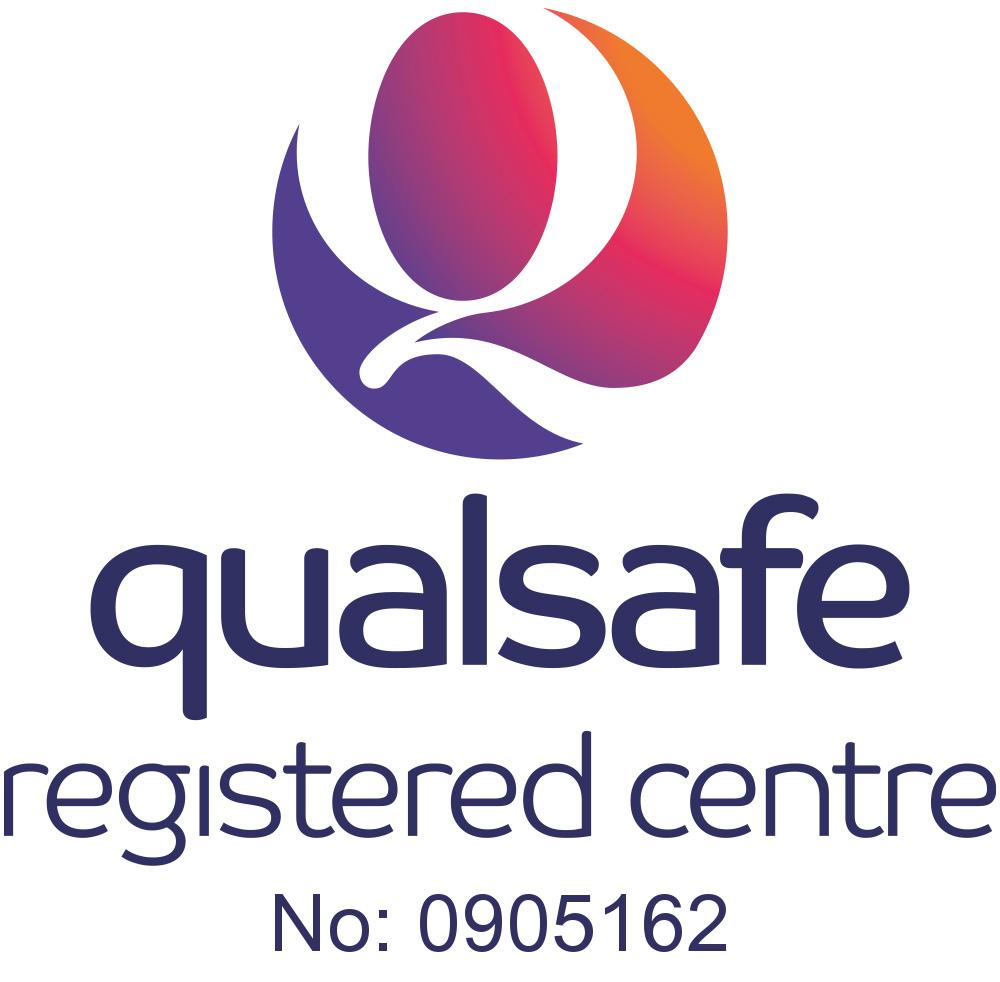STCW Basic Training for Seafarers
Course Code: OE1EC07
Fleetwood Offshore Survival Centre
Next course dates
| Start Date | Location | Duration / Fee | |
|---|---|---|---|
| 31/03/2025 | Fleetwood Nautical Campus | 1 Week/ £950 | Enquire |
| 07/04/2025 | Fleetwood Nautical Campus | 1 Week/ £950 | Enquire |
| 16/06/2025 | Fleetwood Nautical Campus | 1 Week/ £950 | Enquire |
| 23/06/2025 | Fleetwood Nautical Campus | 1 Week/ £950 | Enquire |
| 21/07/2025 | Fleetwood Nautical Campus | 1 Week/ £950 | Enquire |
| 28/07/2025 | Fleetwood Nautical Campus | 1 Week/ £950 | Enquire |
| 04/08/2025 | Fleetwood Nautical Campus | 1 Week/ £980 | Enquire |
| 11/08/2025 | Fleetwood Nautical Campus | 1 Week/ £980 | Enquire |
Course Overview
If you’re new to seafaring, this five-day course will provide you with a comprehensive training programme covering all four sections of the STCW basic safety training requirements.
Important course information
In order to comply with STCW Maritime and Coastguard Agency regulations, all delegates attending Merchant Navy Courses must provide a seaman’s discharge book, passport or driving licence when attending the centre. Failure to comply with this requirement will lead to a delay in the issue of certificates.
Validity of certificate
5 years.
Medical Declaration
Parts of the course are of a physical nature. You will be required to complete a medical declaration when you attend your course.
Entry Requirements
There are no entry requirements for this course.
Assessment Methods
Detailed below is a brief outline of the content of each section of the course.
Security Awareness (optional) – Monday am
This optional training gives on-board personnel without a designated security duty essential educational and training to meet the Knowledge, Understanding and proficiency (KUP) requirements set out in chapter XI-2 SOLAS 1974 and the International Ship and Port Facility security (ISPS) code.
Candidates will learn how to:
- contribute to the enhancement of maritime security through heightened awareness
- recognise security threats
- understand the need for, and methods of, maintaining security awareness and vigilance
Please note: Security Awareness training must be undertaken by all seafarers employed or engaged in any capacity on ships that are required to comply with the ISPS code.
Personal Survival Techniques - Monday 08.30 - 17.00
This element of the training provides all those intending to go to sea with essential basic knowledge of survival equipment, survival principles and techniques to maximise their chances of survival in the event of a marine incident. Training consists of theoretical classroom work, enhanced by exercises in our Environmental Training Tank. Assessment is by direct observation, oral questioning and simulated scenarios. The following topics are covered:
- Survival Difficulties and Factors
- Personal Protective Equipment (PPE)
- Life Rafts and Equipment
- Actions Prior to Abandonment
- In-Water Survival Techniques
- Helicopter Rescue
- Vital & Secondary Actions in the Life Raft
- Righting an Upturned Life Raft
- Use of Pyrotechnics
Elementary First Aid - Tuesday
Elementary First Aid provides sea-going personnel with basic knowledge of immediate action to be taken following an accident or other medical emergency on board ship. Assessment is by direct observation, oral questioning and simulated scenarios. The following topics are covered:
- Casualty Positioning
- Resuscitation Techniques
- Control of Bleeding
- Basic Shock Management
- Improvised Bandages
- Use of Materials in a First Aid Kit
Fire Prevention and Fire Fighting – Wednesday am to Friday lunchtime
This element of the course gives all sea-going personnel a basic knowledge of the ways in which fires are caused and the precautions to be taken to minimise fire risk on board ship. Assessment is by direct observation, oral questioning and a written examination. The following topics are covered:
- Fire Fighting and Fire Extinguishing Using Portable Equipment
- The Use of Breathing Apparatus
- Acting as a Member of a Fire Fighting Party
Personal Safety & Social Responsibility – Friday pm
This element of the training provides all sea-going personnel with a basic introduction to safety procedures and accident prevention, and familiarises them with the employment conditions and working environment on board merchant vessels. Assessment is by direct observation, oral and written questioning and simulated scenarios. The following topics are covered:
- Complying with Emergency Procedures
- Prevention of Marine Pollution
- Observing Safer Working Practices
- Understanding the Chain of Command and Orders
- Contributing to Effective Human Relationships on Board Ship
Teaching and Learning Methods
The Basic Training For Seafarers package consists of 40% theory and 60% practical learning in the environmental pool and fire training centre.
Industry Placement and Field Trips
This course has no industry placement and no field trips.
Other Costs and Equipment Needed
There are no additional costs. Most of the course is of a hands-on, practical nature. For theory sessions the dress code is smart/casual.
You will also need to bring:
- writing materials
- swimwear and a towel
- a personal wash kit
- 100% cotton overalls
- a change of clothes
- photographic proof of identity eg passport/driving licence (compulsory to attend the course)
- if your shoe size is smaller than 4 or greater than 12 – a clean pair of old trainers that you’re prepared to get wet
Please note: Safety boots will be provided for the fire fighting element only.
Expert Tutors
All staff involved in the delivery of any courses within the College are approved to teach and/or assess the subjects and modules they deliver. The approval process ensures that staff delivering and/or assessing a given programme are appropriately qualified, with relevant technical and industrial experience and professional practice.
Tuition Fees
Read our tuition fees guide.
Regulation and Accreditation
Accrediting Institution: N/A
Terms and Conditions
Read our full terms and conditions for more information.



